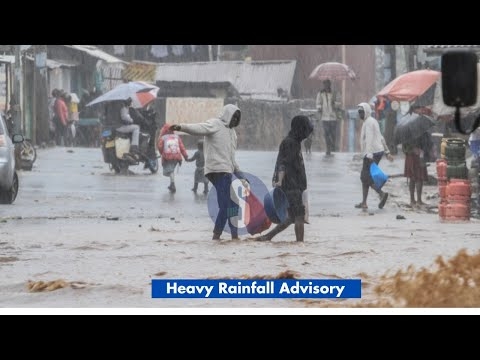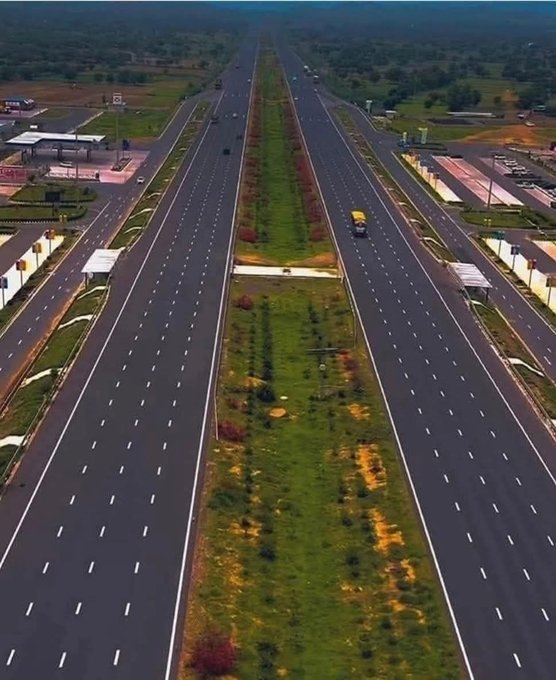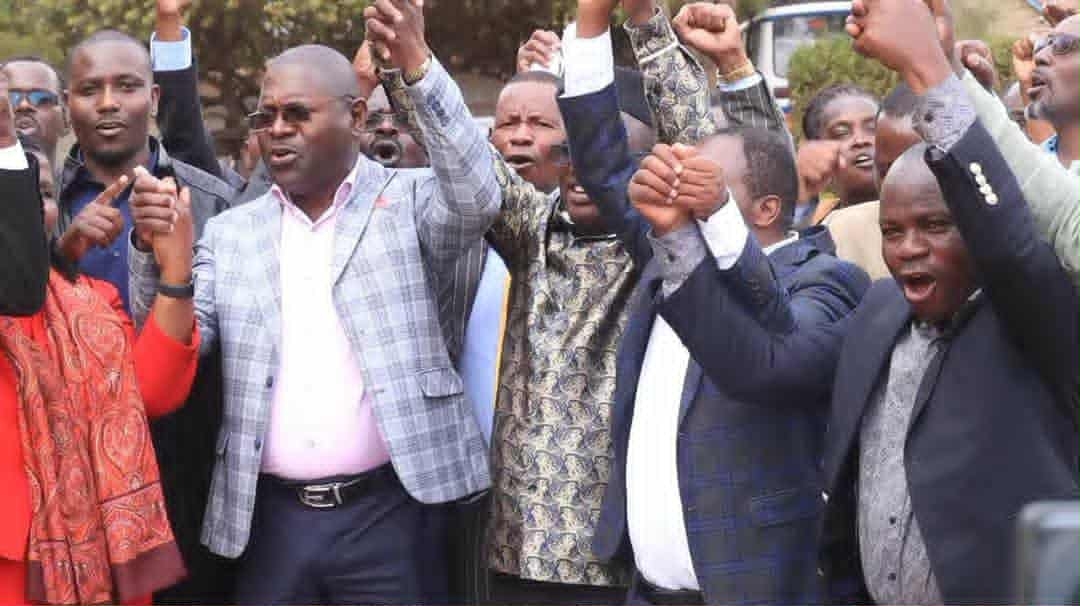“If you put one dirty dish with 12 clean dishes, the 12 clean dishes will become dirty, but the one dirty dish won’t become clean.”
When we were young, a goody goody and Fanta, shared in a sunny field, made us feel on top of the world. What happened? Why are we so unsatisfied? Most importantly, what happened to goody goodys?
Alot has been written about corruption. But that’s the symptom. How did we go from goody goody to baddy baddy? What happens to our brains?
First, corruption shouldn’t be confused with necessity (starving people stealing food) or being evil. You can have corrupt evil people, who are proud of their success from corruption, but also corrupt people who aren’t evil, but see no alternatives in the system.
Power corrupts, but not equally and not everyone. Galinsky notes, “powerful people roam in a very different psychological space than those without power.” Power increases confidence, optimism, risk-taking, goals and creativity. It amplifies the existing character of a person, good or bad.
Corrupt people are not happy people. Happy people don’t want change, they value what they have; corrupt people tend to be insecure and need power to feel better. Corruption takes hold slowly, Jack Schafer observes, starting with discontent, unhappiness, and a strong psychological need for recognition. Resentment builds until they act.
Corruption provides “the illusion of happiness”. Corrupt group members get personal recognition from other members, who provide justification for illegal activities. So, corrupt groups must maintain or increase their hold on power to keep the illusion of happiness. Revolutionary poet Avtar Singh put it best, “Most dangerous is, to be dead inside and think you are at peace, not to feel the agony of others and bear it all without care.”
Corrupt groups separate themselves from the mainstream and establish their own identities, with unique names that give members power and status, “us against them”. Members swear allegiance and ignore their duty to the greater community.
Dangerously, corrupt group values replace community, legal, professional and religious values. If everyone’s corrupt, they’re normal. They’re only wrong when challenged by outside ideas that corrupt groups resist. As long as they repel outside ideas and values, they remain forever corrupt.
People suffering cry, “don’t they feel anything?” No, they don’t. Because corrupt group members become mentally wired differently, no longer capable of normal values, understanding and empathy. This allows them to be unfeelingly cruel. The more powerful the corrupt group, the more damaging and hardened they become.
Attempts to dismantle corrupt groups are fiercely resisted, they go to extraordinary lengths to maintain power. Capable people with new ideas threaten insecure leaders.
“Haven’t they got enough already?” people cry. No, because it’s not just money to live well they want. The corrupt crave ever greater power, insecure leaders often lack the skills and ability to excel, so they use corruption to keep and gain power. Losing power exposes their insecurities and costs their identity, they lose status and fall into the “nothingness of the human abyss”, their worst fear.
Unlike most of us, happy to retire and split a mandazi with an old friend, that feeling of contentment and normal emotions becomes less comprehensible and attainable to the corrupt as they fall into darker psychological states, increasingly harming themselves and others.
Kenya’s Constitution separates power into three equal arms or groups of government: The executive, legislature and judiciary. This is an essential guard against corruption. The judiciary is the last line of defence, the group on whose shoulders the rule-of law-and fight against corruption rests; the legislature is largely ineffective at holding the executive to account and has its own distorted group think.
Therefore, values of integrity, courage, professionalism and rule-of-law, have to win in the judicial group to protect the Constitution and country. The more strongly the judicial group sees itself as a courageous, valued and critical protector of the people and Constitution, under attack from corrupt groups, the more it creates pressure on its members to raise standards, and on corrupt groups to change by countering their ideas and values. The more it lifts people.
In corrupt environments, people are fearful, down. Such societies cannot realise economic or human potential because powerful corrupt groups remain in spiralling psychological bubbles until countered, or until members try to free themselves by changing their environment, engaging with outside values and looking for a less harmful way to be happy. Maybe remembering that kid happy with just a goody goody who wanted the world to be ok. Maybe they are too far gone.






![[PHOTOS] Council of Governors visits Raila's grave](/_next/image?url=https%3A%2F%2Fcdn.radioafrica.digital%2Fimage%2F2025%2F10%2F59c8111a-6f0d-4719-8587-7e965c4bdd34.jpg&w=3840&q=100)





